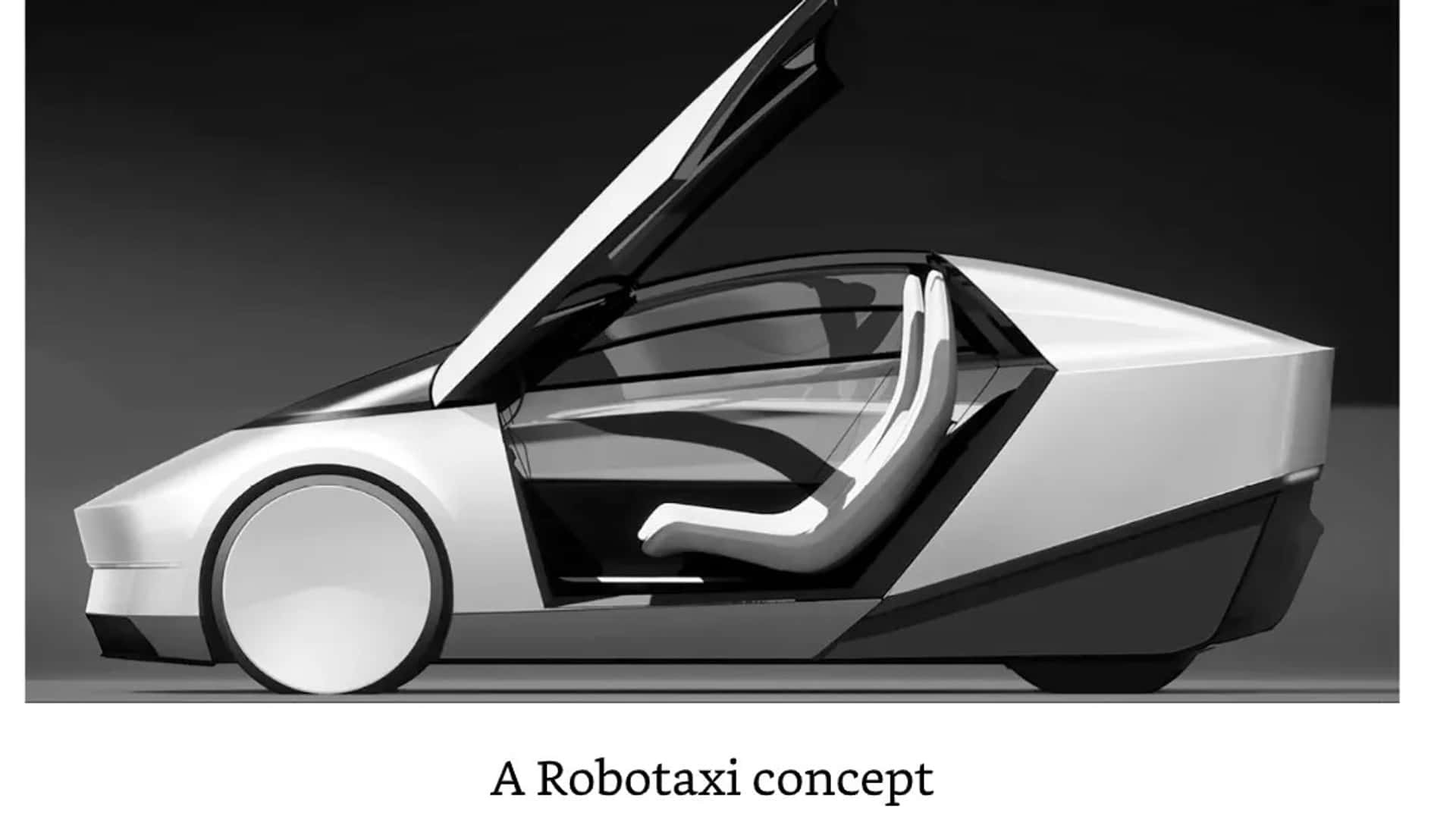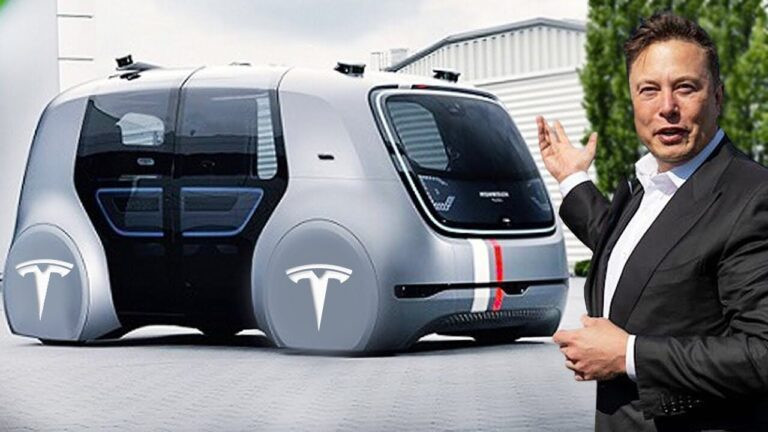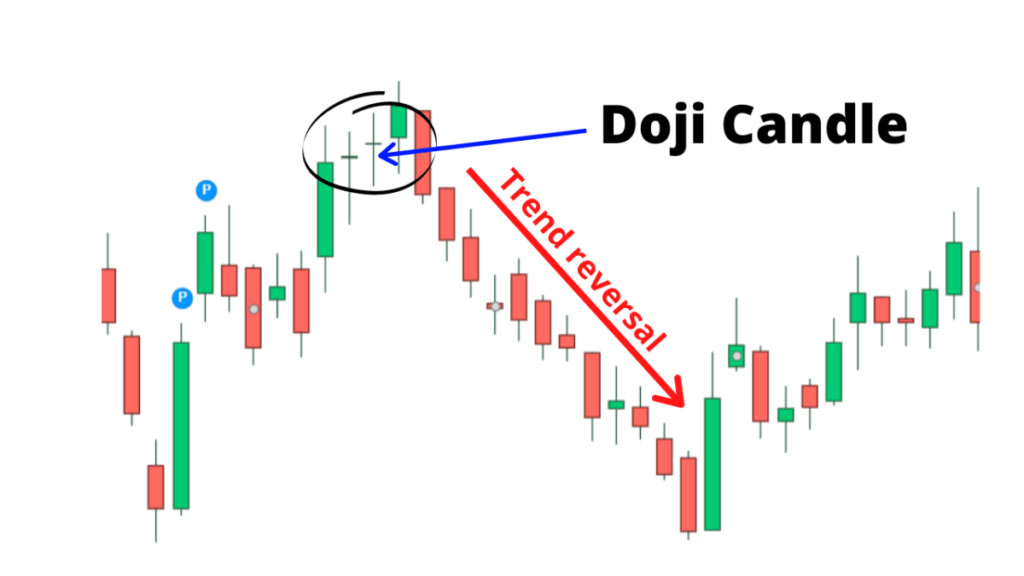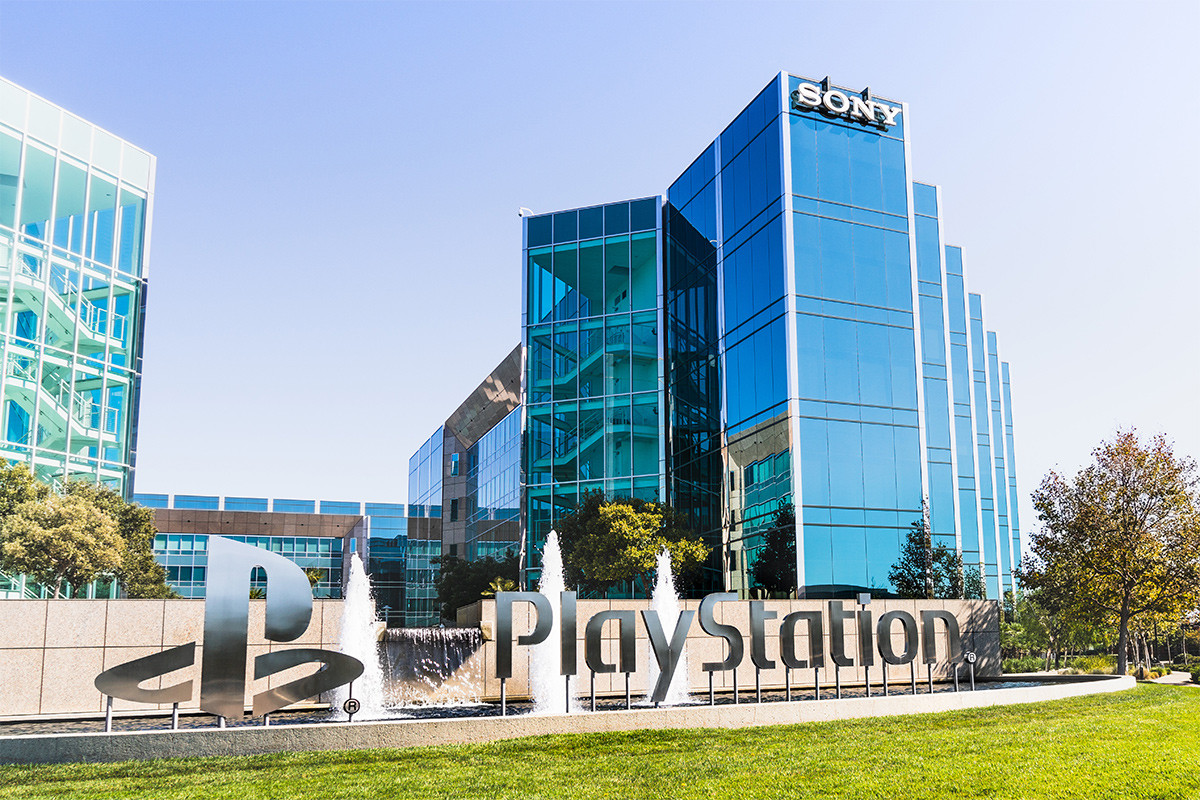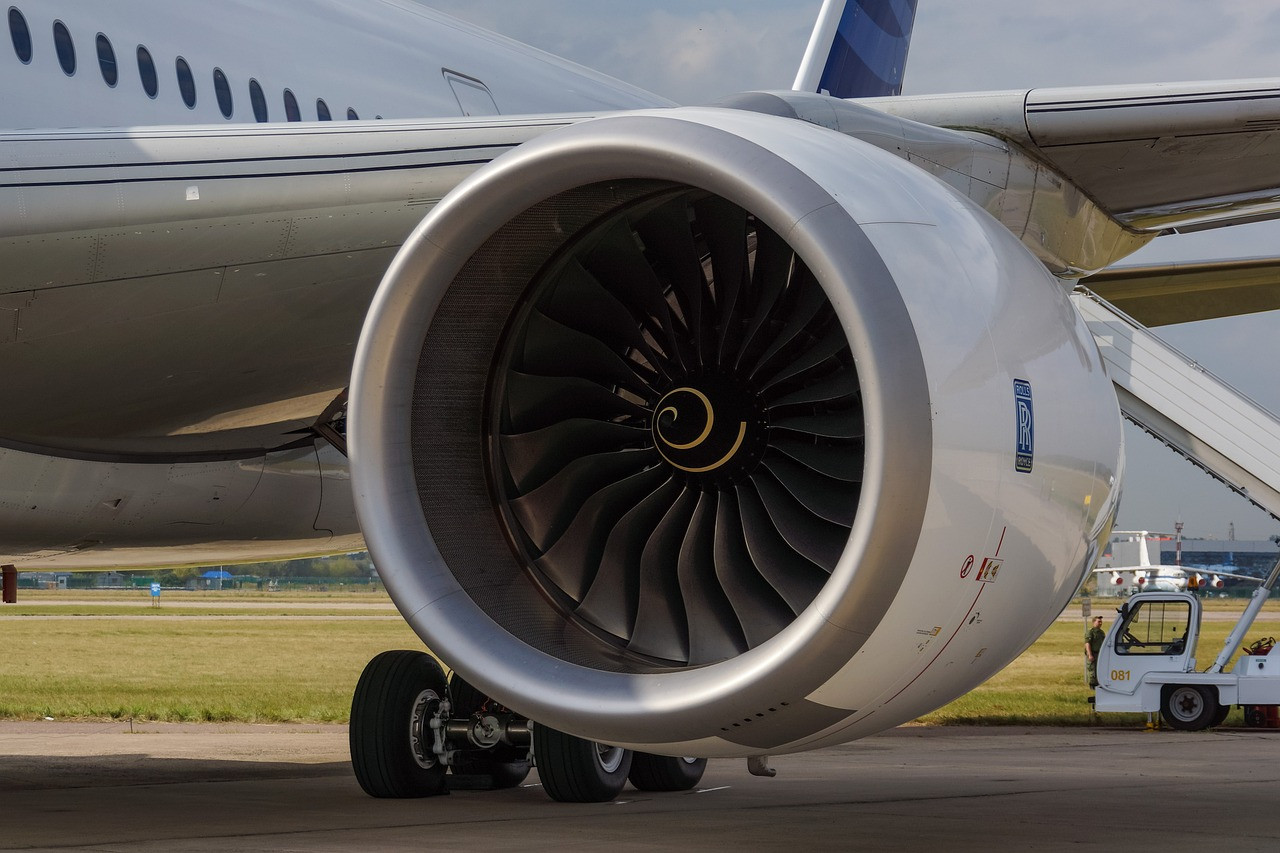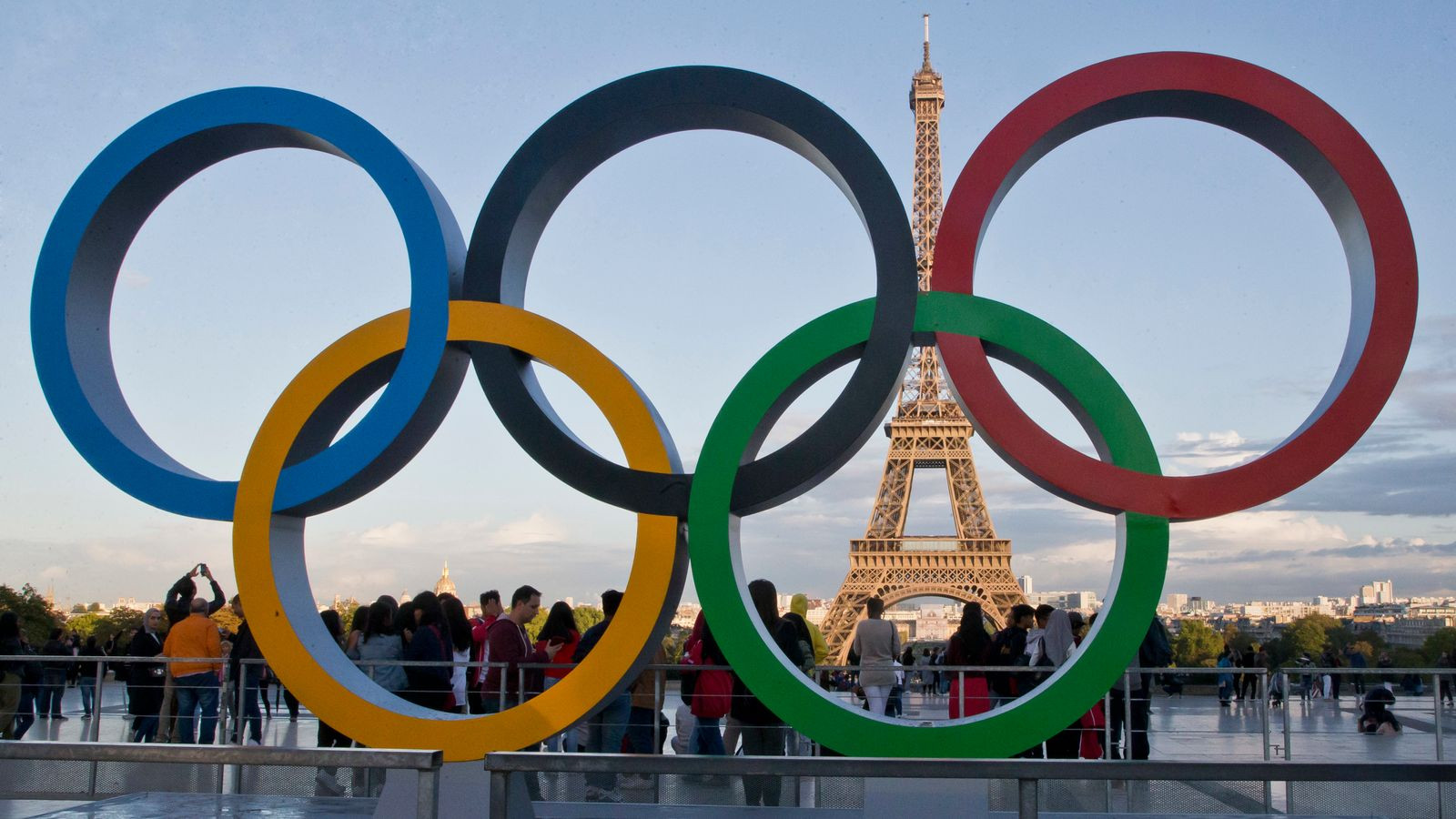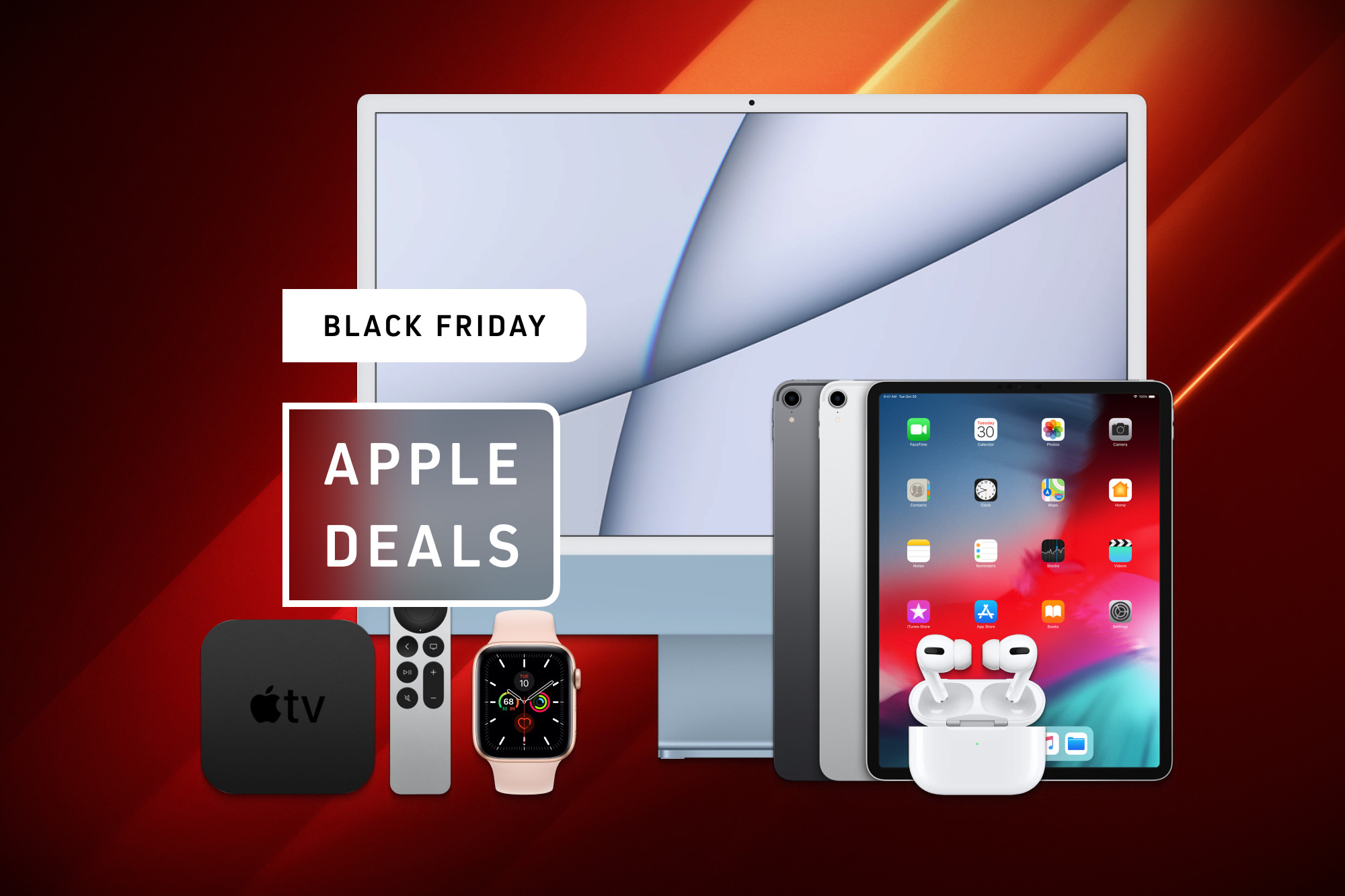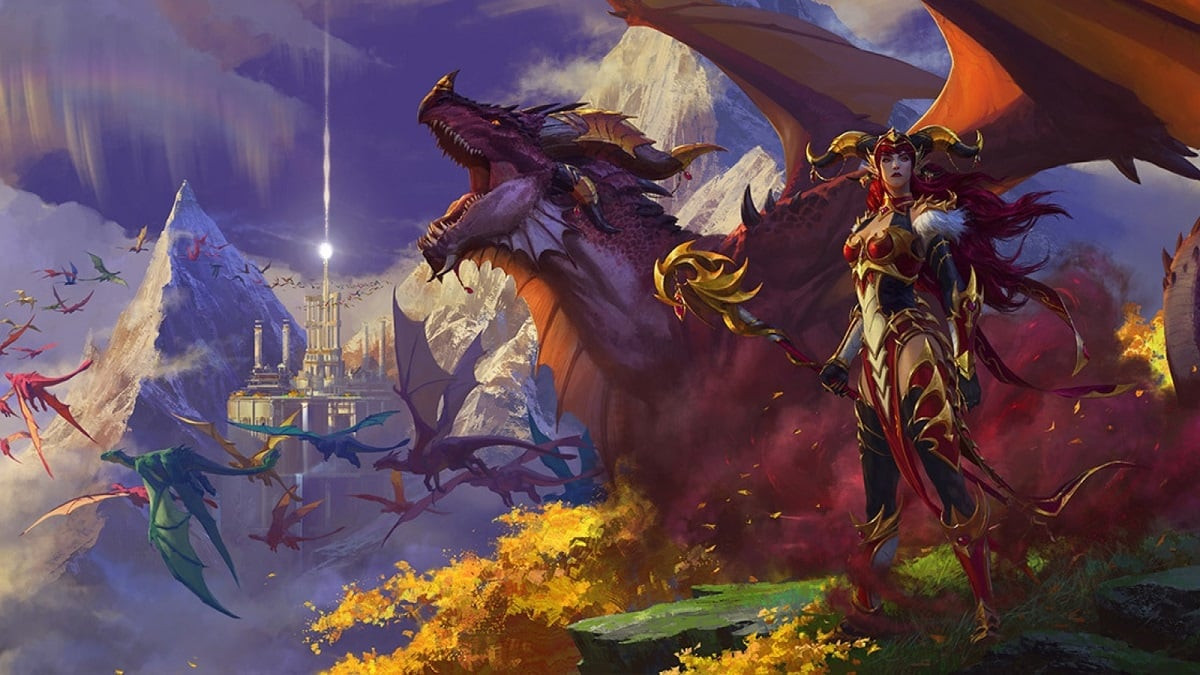Uber CEO Doubts Tesla's RoboTaxi Ambition: Is Elon Musk Overreaching?
One of the key themes surrounding the future of mobility is self-driving vehicles. Autonomous driving is a form of artificial intelligence (AI), and ride-hailing platform Uber Technologies (UBER -1.17%) and electric vehicle (EV) pioneer Tesla (TSLA -0.73%) are both investing heavily into this technology. Interestingly, though, Uber CEO Dara Khosrowshahi and Tesla CEO Elon Musk have very different visions of how autonomous driving will be adopted in society.
On a recent podcast episode of The Logan Bartlett Show, Khosrowshahi didn't shy away from casting some doubts on Tesla's ambitions in autonomous driving. Let's break down what he said during the interview and assess if Musk has overshot his master plan.
Tesla's RoboTaxi: A Customer-Fleet Model?
Tesla's autonomous driving initiative is called robotaxi -- also referred to as cybercab. Musk has stated that his long-term vision is to create a large fleet of Tesla vehicles that are fully capable of driving themselves. In essence, these fleets of smart cars could be sold into a number of end markets including logistics and delivery, car rental services, and of course, ride-hailing applications.
Another use case for robotaxi is that Tesla owners will be able to rent out their personal vehicles when they are not being used. This is where Khosrowshahi casts some doubt. During his recent interview with venture capital investor Logan Bartlett, Khosrowshahi proclaimed that he is skeptical about whether Tesla owners will want a “complete stranger” accessing their vehicle.
Uber's Concerns: A Grain of Salt
Khosrowshahi's criticism of Tesla should be taken with a grain of salt. Uber is also investing heavily in autonomous driving, notably partnering with Alphabet's self-driving car subsidiary, Waymo. Furthermore, while on Bartlett's podcast, Khosrowshahi alluded that Uber is open to partnering with other autonomous driving developers and said, “hopefully Tesla will be one of those partners.” So while Khosrowshahi expresses concern over some specific applications surrounding robotaxi, he's more or less admitting that he thinks Tesla has other opportunities besides car rentals.
The Viability of Peer-to-Peer Car Rentals
Musk's idea of a peer-to-peer car rental service isn't exactly novel. One of the most mainstream car rental marketplaces is a company called Turo. Of course, renting out your car to a stranger carries a number of underlying risks. But to make an analogy, Turo is for cars what Airbnb or Vrbo is for rental properties. Despite some risk factors, Turo's proof of concept has garnered the likes of notable investors including IAC, which invested $250 million in 2019. Turo's valuation of roughly $1 billion not only makes it a unicorn, but is also roughly the same as Hertz Global's rental car business.
Tesla's RoboTaxi: A $10 Trillion Opportunity?
Ark Investment Management CEO and longtime Tesla supporter Cathie Wood has gone on the record saying she believes robotaxi could be a $10 trillion opportunity. I'll be the first to admit that total addressable market (TAM) estimate looks overzealous. Candidly, since robotaxi has yet to be formally launched and the long-run demand for Tesla's EVs is unknown, it's virtually impossible to say if Wood is even remotely accurate.
I'll take a conservative approach and even concede that Khosrowshahi could be right in that a business-to-consumer (B2C) approach to robotaxi may not reach the parabolic prospects that Musk and Wood think. Like many other new technologies, perhaps robotaxi will have some early adopters in the B2C realm but ultimately fail to reach critical mass.
Even with those assumptions, the examples explored above illustrate that the car rental business alone is worth multiple billions. Moreover, delivery services such as DoorDash, Instacart, and even logistics businesses including Amazon, UPS, or FedEx stand to reap massive cost savings should autonomous driving fleets actually come to fruition. This is on top of the already existing investments being made by ride-hailing platforms like Uber.
For that reason, while the B2C aspect of self-driving cars remains questionable, I see a mammoth opportunity when it comes to business-to-business (B2B) applications.
Is Tesla's RoboTaxi Just Hype?
Given the above, I'm not overly concerned about whether or not Tesla's robotaxi will be successful in some capacity. If anything, I'd understand if investors are just simply incredulous that autonomous driving will ever become a truly mainstream part of society. If that's your concern, it's reasonable to shy away from investing in Tesla.
But I'm not totally sold that Khosrowshahi's concerns are such a big deal. While the B2C aspect of Tesla's robotaxi may be a challenge, the B2B market presents a tremendous opportunity. Delivery companies, logistics giants, and even traditional car rental firms will all be looking to adopt autonomous technology to reduce costs and improve efficiency. With a massive fleet of electric vehicles and a robust self-driving system, Tesla is well-positioned to capitalize on this trend. Ultimately, Tesla's robotaxi ambitions may be more nuanced than initially perceived. While Khosrowshahi's skepticism about the customer-fleet model is valid, the larger opportunity for Tesla lies in the business-to-business market. It remains to be seen how Tesla will navigate the complex regulatory landscape and address the technical challenges of achieving full autonomy, but the potential for success in the B2B sector remains high.




